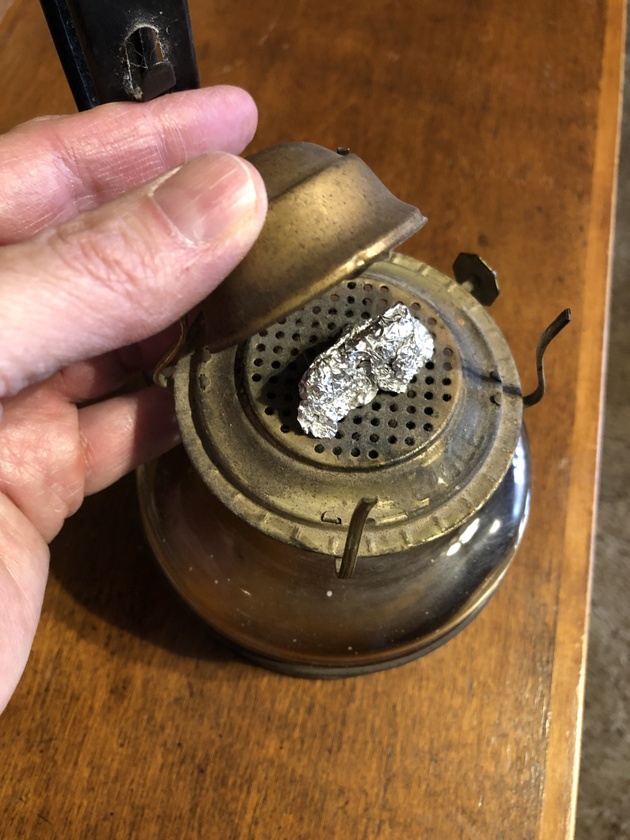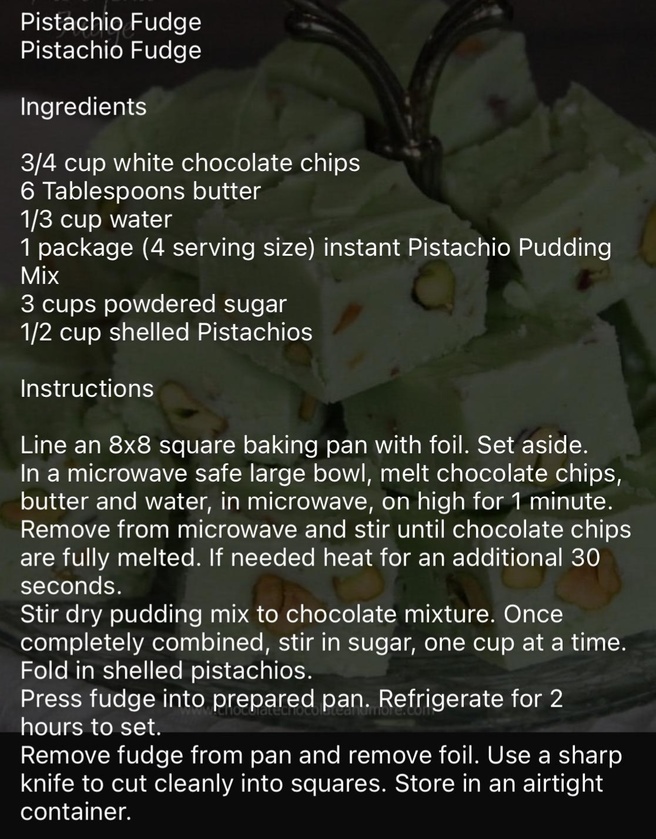Although there's nothing wrong with that if it's what you prefer.
I'm no expert, but I'm willing to share what I know and hope you'll do the same.
What will you do if (safe) water stops flowing from the faucets?
This is my worst prepping hole-- worse than the lack of trees and vegetation. There is no surface water in this region (except immediately after a rain). There is no way to store enough to survive long-term. It sometimes goes 6 months without a real rainfall here-- as is currently the case. So in a long-term grid-down situation, I may be doomed unless I move away beforehand.
If you live in a normal place, you'll have creeks, streams, springs, rivers, ponds, lakes, or the ocean. And rain, fog, or snow. You can use the water from all these sources, with fog being the hardest to collect (think sponging off water-beaded surfaces) and the ocean taking the most effort to make the water drinkable because of the salt in it.
Get water filtration supplies, learn to filter water long-term in case the grid never comes back (an unlikely possibility), learn to sterilize water chemically or through UV light or boiling. Regular chlorine bleach will work, but you can't store it more than a few months without it turning into salt water. Get some chlorine pool treatment powder to store long-term, instead, and make sure to keep it dry.
And find the local sources for water.
If you live near the ocean, learn now before it's a matter of life or death, how to distill drinkable water from seawater. It's not complicated in concept, but can be a pain in practice to get enough water for an individual, and worse for a family. But it is possible, so learn to do it.
And, no matter what else you do, store water. You can't have enough.
I use bottles of various kinds to store drinking water. Much is hidden around my house and in the cellar. I also have some 8-gallon jugs in the cellar, and some large laundry detergent jugs for non-potable water. These can be used for washing or other things you need water for, including flushing the toilet occasionally in a temporary water stoppage.
Remember to fill bathtubs for use as soon as TSHTF just in case the water stops. You can get a large plastic bladder that fits in your tub so you can seal the water off from contamination, and they aren't terribly expensive-- around $25 currently, if I remember correctly.
If you can get large outdoor tanks to fill with water, that's even better. Make sure you can secure them from vandals or thieves if water becomes valuable. If you have a swimming pool, don't forget that option.
I keep a little water in my bug-out bags, along with some personal water filters. It's never going to be enough, but it's better than nothing.
Nothing beats having a natural, dependable water source close by. If you have one, protect it with your life; it may one day save yours.
Do you have any other water tips or suggestions?
One of the more fun things (to me) that qualifies as prepping is stocking up on ammo.
While prices are better now than they have been in a while, I was still having to travel an hour and a half to find prices that made sense. Locally, ammunition was 2 or 3 times the price that I could pay in the bigger city 90 miles away.
Fortunately, that situation has recently changed, but I found a great way to deal with it before the change, and I'm sticking with it, too.
It's a business called Ammo Squared. You sign up and subscribe for a set dollar amount and they set up an ammunition account for you. Then you can have it shipped to you.
If you use my link-- https://ammo2.me/dullhawk --and spend at least $20 in the first month, both you and I get $25 in free ammo. That's a pretty good deal. Then, after you've set up your account, you can share your own link with your friends and both of you can get free ammo the same way. It's kind of awesome.
If you wait until you have an account value of over ...
Every little bit adds up.
Due to medical situations, I've found myself without money to spend on larger projects such as firewood-- which might be a problem-- but there's always something you can do to prep.
A recent project for me was getting all my oil lamps ready to go. That's not the only alternative lighting I have, but it's my favorite.
I checked and changed the wicks (where needed), cleaned off any dust that had accumulated, and topped off the kerosene. You may prefer liquid paraffin since it stinks less, but I have gallons of kerosene on hand. I only broke one chimney, and I had a spare. (Note to self, keep an eye out for more chimneys at thrift stores and yard sales.)
I also decided to try to address a minor problem with the lamps. If you have oil lamps that you don't use all the time you'll know that the oil evaporates. This time I did something I hope will slow that process.
I covered the wick slot (don't know the technical name, but look at the photo) with aluminum foil I had...














